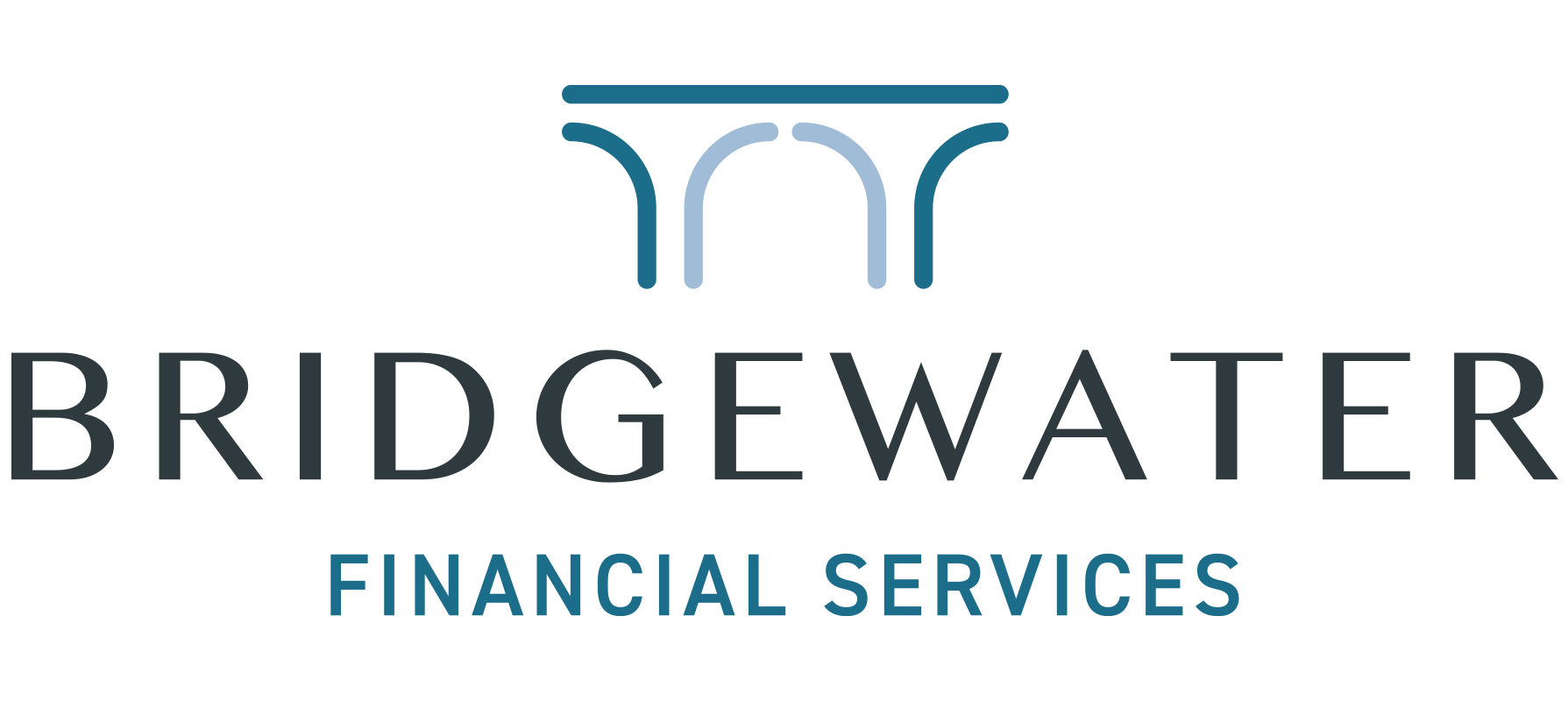This website uses cookies so that we can provide you with the best user experience possible. Cookie information is stored in your browser and performs functions such as recognising you when you return to our website and helping our team to understand which sections of the website you find most interesting and useful.

The Good, the Bad and the OBR
November 21, 2022 by

On Thursday 17 November, The Chancellor announced his much anticipated Autumn Statement. In it Jeremy Hunt outlined the three financial pillars on which he is taking the economy forward – stability, growth and public services.
Whilst the Autumn Statements was far reaching and contained many interventions regarding a wide range of financial aspects, here I will only focus upon the two most talked about issues that concern us all. Those being taxes and the cost of living.
A bleaker winter than usual
The cost of living has been spiralling up and is now growing faster than it has done for over 40 years. This means that the winter of 2022/23 will be a tougher one for many of us. Although Jeremy Hunt’s plans, as outlined in his announcement, have been specifically designed to calm the markets and restore the UK’s international credibility, as well as tackle the inflation fuelled rising prices. Whilst his proposals will certainly mean financial pain for most of us, the Chancellor argues that he is also protecting the most vulnerable in society.
So what can we expect the impact of the Autumn Statement to be?
We can all expect to pay more tax
Income tax starts being charged on annual salaries once a person earns in excess of £12,570, at which point it is charged at 20% on any amount earned above that figure.
Once earnings exceed £50,270, then 40% tax is paid on any monies earned above that tax band.
Changes have also been introduced to the higher rate and additional rate band. With thresholds moving down, from £150,000 to £124,140, in order to attract higher taxes from a greater number of people.
These bands (or tax thresholds) had already had a freeze placed upon them, lasting up to 2026. Mr Hunt has now extended that period a further two years to 2028. This effectively means that, not only are the bands not rising inline with prices, as we might normally expect; but if anyone receives a pay rise form now until 2028, they will almost certainly find themselves paying a higher rate of tax too.
It will undoubtedly mean that, one way or another, a higher rate of your real income will subject to taxation.
Changes to Income Tax levels in England, Wales and Northern Ireland from April 2023
BAND CURRENT NEW RATE
Personal Allowance First £12,570 earned Frozen to 2028 0
Basic Rate £12,571 to £50,270 Frozen to 2028 2 0%
Higher Rate £50,271 to £150,000 £50,271 to £125,140 40%
Additional Rate over £150,000 over £125,140 45%
Further Freezes and Cuts
As expected Inheritance Tax (IHT) also got the cold treatment, with thresholds frozen. Effectively meaning that as property and asset values rise, more and more tax becomes payable to the exchequer through IHT.
Dividend thresholds have also been reduced. Meaning the amount of tax-free dividends you can enjoyed via share ownership, will now been cut from £2,000 down to £1,000 next April. With a further cut to £500 being introduced in April 2024. This is quite a reduction, considering that the allowance was £5,000 in 2018.
Capital Gains Annual Allowance will also be more than halved from £12,300 down to £6,000 in April. Then further reduced to just £3,000 in April 2024.
Stamp Duty on property purchases has also come under review. The ‘permanent’ cut in Stamp Duty that some house buyers in England and Northern Ireland have been enjoying, only announced by the Government in September, will now be reversed in April 2025
Let’s end on a positive note
I’m sure that we’ve all witnessed the impact of rising inflation. At it’s current rate of 11.1% this simply means that anything costing £100 a year ago will now have a price tag of £111.10. Or, to put it another way, if you put a pound coin in a draw a year ago, it’s now worth 88.9p.
However the better news is that this Chancellor has actually consulted with the Office for Budget Responsibility (OBR). Not only does this calm the international markets, but it also provides independent comment and forecasts on the effect of his Autumn Statement. With the OBR predicting that the rate of inflation should drop to 7.4% next year (although let’s not forget that the target is 2%).
This drop in inflation should slow down price rises and ease the pressure on people’s pockets. With the real light at the end of the tunnel being that the OBR suggest that inflation may even turn negative by late 2024, resulting in prices coming back down again.
There are no cuts or freezes in our service
As always, were here to help with independent and expert financial advice. If you have any questions regarding the Chancellor’s Announcement, or any other aspect of your finances, then please get in touch with us at Bridgewater Financial Services; where we will be delighted to help guide you through your individual options and strategies.
The Chancellor’s Announcement
As our new Chancellor, Kwasi Kwarteng has just announced his new growth plans, alongside the largest package of tax cuts seen for generations. This has caused, what he referred to as, “a little turbulence in the markets”. Given this gross misrepresentation of the result of his actions, I thought it might me a good time to examine some of the highlights from his announcement and what they could mean; and why you’re in safe hands with Bridgewater’s evidence based approach to investments.
Read moreIn a volatile world, take a breath
To say that the world has faced a few upsets in recent months is somewhat of an understatement. Add to that the current escalation of tension in Eastern Europe and the oncoming economic uncertainty that that will cause and you may be forgiven for questioning your current investment strategy.
Read more
